Are you tired of games or gaming in general? Experiencing gaming fatigue? Gaming burnout or fatigue as it is known is a real issue for any gamer who plays tabletop miniatures games (and even video games). It’s the feeling that you don’t want to play anything related to your gaming hobby. The most common description of this experience is “burnout”, which manifests as a simple lack of motivation or desire to play games.
In this article, I review a few things you should know about gamer’s burnout and fatigue. Along the way, you will learn why you get tired of playing games, and how to stop getting bored of games. Overcome burnout with a bit of information.
Burn Out is a Real Problem
Burn out. The feeling of not wanting anything to do with playing the tabletop war game. It’s a difficult experience to describe, but is likened to the sensation of apathy, of not wanting to go into work on a Monday morning.
Fortunately, I’ve learned through experience and discussions within my local community that it’s a passing phase and we eventually regain that fun and anticipatory buzz of hitting the tables again.
Here are a few common questions that gamer’s posed when it came to burnout and gaming boredom.
- Why do you get tired of playing games?
- How do you stop getting bored of games?
- How do. you recover from game burn out?
Read on for answers to these burning questions, and my thoughts about the issue of gaming burnout and boredom experience.
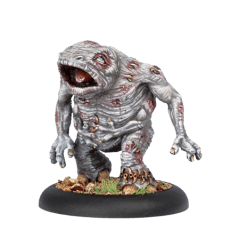
The Early-Stages of Burnout
Let’s start at the beginning. The cause of burnout is not firmly understood. It is generally believed that we as human beings seek out pleasurable activities. In this case, our motivation to war game is driven by two major factors:
- Social interaction with other fleshly beings
- The need to feel successful
In the human brain, according to a vast database of neuroscience research, there is a chemical called dopamine. Dopamine has many purposes, but one of it’s primary purposes (in layman’s terms) is to control the sense of pleasure/well-being/security. People who are clinically depressed oftentimes require drugs that may modify their chemical make-up of dopamine (and other related neuro-chemical) activity.
To prevent this post from entering wikipedia territory, I will say that the absence or presence of these “pleasure-chemicals” alters the way we perceive certain external experiences, such as playing a game of Warmachine/Hordes, Warhammer 40k, or other tabletop games.
The Gaming Climax is a “Buzz-Thrill”
The wargamer (you and me) know the buzz-like feeling that seeps into us just prior to a game. Some have called this the “adrenaline-rush”, but in essence it’s more subtle than the flight-or-fight mode we’ve heard about. On the designated game night, we know that there is this sense of fun on it’s way. We look forward to it because there is an internal, brain-released reward that is released before the actual game day is played.
Naturally, because we know that there is game to be played, we carefully build our lists, research our stat-lines, read our fluff, and of course spy on the competition by trying to understand how the opposing factions work. The effort that goes into pre-game study varies between players, of course; whether you’re a veteran competitor or a casual hobby-gamer, this pre-game experience is a part of our World of wargaming.
The pre-tabletop game study time (online forum reading, etc.), this is the meta-game that you play alone. It satisfies your internal motivation to receive that subtle buzz-feeling, that positive-emotional anticipation you feel before you actually play the game.
Cause of Gaming Burnout
Interestingly, your brain cannot tell whether your mental research, tactical scenarios, and the games you replay in your head are different from an actual game. The virtual imagination you use to study the war-game uses the same neuronal circuits as the ones you engage when you actually hit the tabletop with models. This is a process of rehearsal, a form of learning.
But, as you may realize now (or have already known), that imagining an activity is also associated with all the memories you’ve attached with it. For the wargamer, we experience the buzz….so mentally strategizing also produces the buzz.
“It is simply no good trying to keep any thrill: that is the very worst thing you can do, ” wrote CS Lewis.
Now with all the neuroscience in it’s blatant form tells us that like a heroin addict who needs more and more drug to experience the same elation, the wargamer who thinks too much about the game (see that lonely meta-game description above) will lose the ability to experience the same internal buzz over time. Wonky. You’ve exhausted your nervous system’s ability to reward itself.
In a nutshell, playing too much, or even thinking too much about the game is most likely the cause for game burn out.
Here’s a Diagnosis of Burnout
You don’t feel or experience anything emotionally or intellectually rewarding about the game. Meh. You’ve eaten too much pizza and you’re full. But it’s actually worse than a full stomach. There is a sense of revulsion, because the punishing side of playing a wargame still persists. You never liked the stress of playing a game, the pressure to win, or the negative self-flagelattion you’ve given yourself for forgetting to pop your critical attack feat, or allowing your opponent to execute that alpha strike on your key units.
RELATED: IF YOU’RE BURNED OUT, TRY THIS?
These negative emotions are memories that haven’t erased themselves, and now in your burned-out state with no pleasurable buzz to balance out the thoughtful experience of the wargame, all you’re left with is a negative depression about even pulling models out of your bag. This is your common burn-out, more than full, it is almost painful.
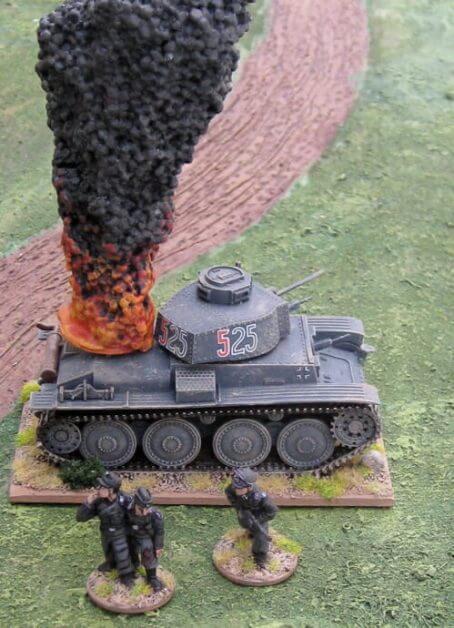
The Underlying Problem of Burnout is a Lack of Pleasure
In this state, you’d rather do something else. You don’t read the forums, you don’t do anything related to gaming. For some, I think, even talking about the game sucks. Well, now you know you’ve done and hurt yourself.
As a side note, I’d say that this state of burn-out could occur for any activity you’ve previously enjoyed, and importantly, you’ve now experienced (temporarily) something that millions who suffer from chronic depression suffer with everyday regarding every of life’s activity. So, the war gamer who has experienced burn out can say on a small scale that they can sympathize with some of the symptoms of depression.
Finally, when you know you’ve burned-out it is important to step back, away from the table edge. People who burn-out and force themselves to play may be doing so to reinforce their self-esteem (which they’ve locked into the game) or maintain their value as a person.
Such an individual often becomes bitter/cynical or even angry for playing this “stupid game”. For people who force themselves to play while there’s no internal enjoyment other than winning (which may be a short-lived thrill) become automatons.
Don’t be a robotic player. It sucks. Take a step back….
How Do You Overcome Burnout and Gaming Boredom?
There is hope. At least that is what we say to people who suffer from depression. For the wargamer, burn out is temporary and all it takes is some time away from the table. If you’re bored with games, then don’t play, study the game, or even paint the models. Do this for just for a little while. Each person is different, of course, so person-to-person how rest time is needed will vary.
Obviously, I know that it is possible to start a new game system, faction, or army to restart the “fire”, but even this isn’t the best remedy. Take a step back and do something else. Things you could do include going to the gym…. most of us need it.

How to Prevent Gaming Burnout and Boredom?
If we can name the problem, then we can better solve it.
The problem is pleasure. Pleasure is a problem, because it dies a fast death. The buzz-thrill is like a match that lights up, flares bright, then burns out (pun intended). It’s a magical thing, pleasure. It can’t be caught, and we liken it to happiness which we are all tasked to pursue. A carrot on a stick. A dance that ends too quickly. How do we hold on to something we enjoy, take pride in, and love (philia, in the Greek)? It’s easy and hard.
I think CS Lewis said it best:
“It is simply no good trying to keep any thrill: that is the very worst thing you can do. Let the thrill go — let it die away — go on through that period of death into the quieter interest and happiness that follow — and you will find you are living in a world of new thrills all the time.”
Dopamine Fasting as a Way to “Reset” Your Gaming Mindset
Dopamine fasting is a new trend that is gaining popularity as a treatment for gaming burnout. For those who don’t know, dopamine is a neurotransmitter that plays an important role in the brain. It helps to regulate mood, motivation, and movement. Dopamine is also involved in the brain’s reward system, which helps to reinforce certain behaviors.
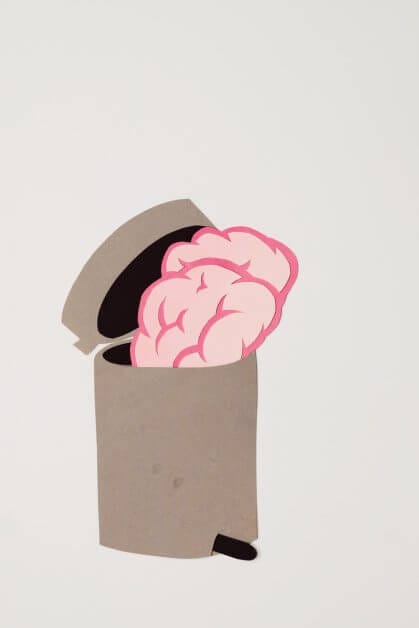
The premise of dopamine fasting is simple: By abstaining from all forms of gaming, you allow your brain to “reset” and detox from the constant dopamine overload. This can help to improve focus, concentration, and motivation, as well as reducing anxiety and stress levels.
The theory behind dopamine fasting is that, like any other addiction, gaming causes your brain to become dependent on the constant surge of dopamine that it produces. By abstaining from gaming, you are giving your brain a chance to normalize its dopamine levels and function without the constant stimulation.
When we’re constantly bombarded with stimulus, it’s easy to become desensitized to it all. However, when we deprive ourselves of those things, we start to realize just how good they made us feel. As a result, we’re more likely to appreciate them when we do have access to them again.
Frequently Asked Questions (FAQ)
Here are some common questions posed around the topic of gaming burnout and gaming fatigue.
1. What is gaming burnout syndrome? Gaming fatigue?
Gaming burnout syndrome, also known as gaming fatigue, is a condition that can affect gamers who play for extended periods of time. Most studies on the topic are related to individuals who are competitive video gamers, e.g., eSports, but the concept and related cases are similar to those experienced by hobby tabletop gamers. Symptoms can include headache, irritability, loss of interest in the game, and feeling overwhelmed.
2. What causes gaming burnout?
Gaming Burnout Syndrome (GBS) usually refers to a condition experienced by eSport gamers, but can extend to other gaming activities as well. GBS is a term used to describe a range of symptoms which include general fatigue, apathy towards gaming, social withdrawal, and irritability. In more extreme cases, it’s possible that GBS can lead to depression and anxiety. Other study on the topic suggest that GBS emerges from individuals who are already prone to experiencing depression and anxiety.
3. How can I overcome gaming burnout?
There is hope for those who suffer from gaming burnout syndrome. The first step is to take a break from the game. This will give the individual time to rest and recover from the symptoms they are experiencing. It is important to make sure that the person gets enough rest and exercise during this time. Additionally, it is helpful to study the triggers that leads to the feeling of depressed mood or anxiety that may accompany burnout.
4. How do I prevent gaming burnout?
There are a few things that can be done in order to prevent gaming burnout. First, as mentioned above, it is important to take breaks from the game on a regular basis. This also means avoiding the related activities or thoughts that revolve around your particular gaming activity. Additionally, it is important to make sure that the person is getting enough rest and other normal physical activity.
5. What are the long term effects of gaming burnout?
The long-term effects of gaming burnout can be significant, according to psychological studies of video gamers. In some extreme cases, it has been linked to depression and anxiety. Additionally, it can lead to social withdrawal and a loss of interest in the game. If not properly treated, the effects of gaming burnout can be long lasting.
6. Is there a treatment for gaming burnout?
There is no one-size-fits-all answer to this question. The first step is to take a break from playing the game. This will give the person time to rest and recover from the symptoms they are experiencing. It is important to make sure that the person gets enough rest and exercise during this time. Additionally, it is helpful to study the triggers that lead to the feeling of depressed mood or anxiety that may accompany burnout. In more extreme cases, it may be necessary to seek professional help.
Final Word
Don’t let the pleasure of wargaming drive you to play. Seriously. Don’t let the pleasure of playing, thinking about, or imagining any portion of the game drive your enjoyment of the game. Don’t even let the rewarding feelings that go along with hanging out with people who support your gaming activity drive you to play when you don’t want to actually play.
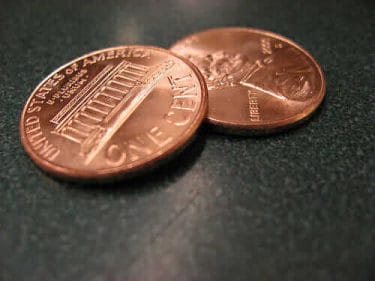
Instead, I think it is better and more enjoyable to play the game because you can choose. More specifically, you can choose where to place your emotion, heart as it were, and even your intellect and skills. You can choose to plant it firmly onto something else, more solid than that buzz-like sensation. It is deeply philosophical, but wargaming is a thinking person’s game: so, what is the foundation for who you are?
My two cents….
Tangible Day on YouTube (Miniatures and More!)


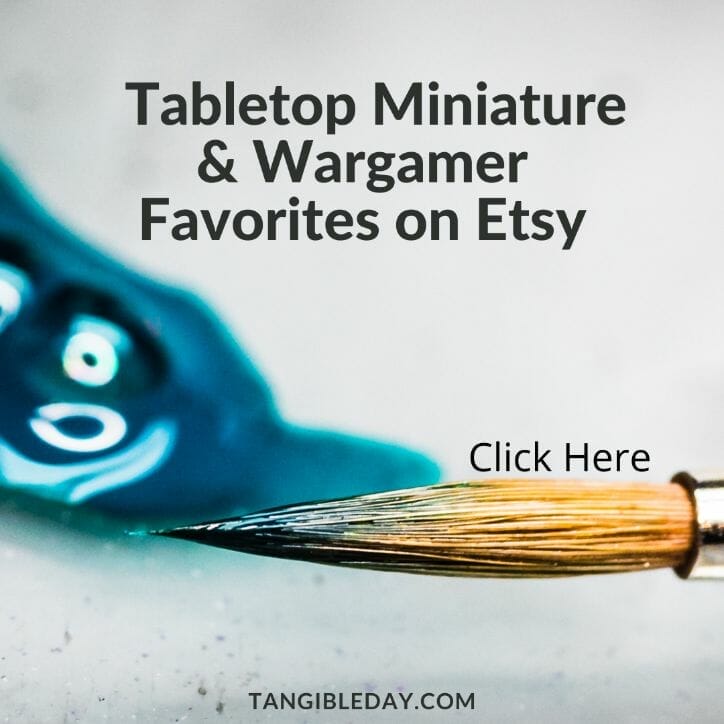
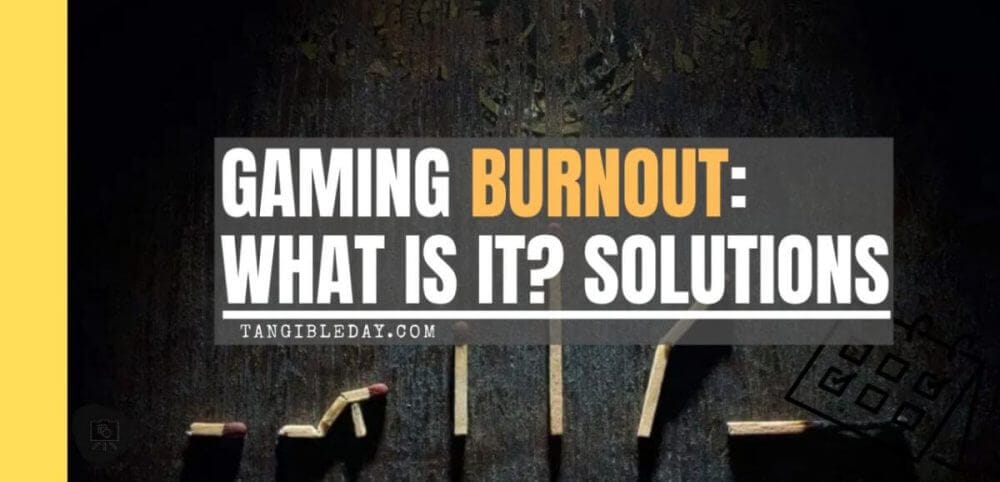
Reblogged this on Miniature armies, huge time sink. and commented:
Are you me?! Hence why Infinity has come into the front-burner lately.
LOL, glad we connect on this issue 🙂
I just came back from a more than 5 years burnout….well, that was a big burnout not only about miniatures!!! But now the passion is back again and i am happily sharing this in my blog 🙂
when an interests burns out, I try to not force myself (I’m doing this for fun, right?), usually I simply let it go. it will eventually fire up again later.
Hi, yeah. It’s definitely a good idea to take a break. 🙂
The same can be said for modeling and painting. Take a break as long as you need to before you try making any more of your favorite table top units. it’s supposed to be a fun hobby, not work (at least for most of us).
Pingback: When It’s Time to Put Your Miniature Painting Project on Hold, Forever - Tangible Day